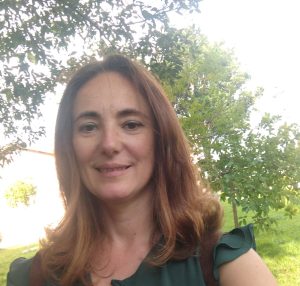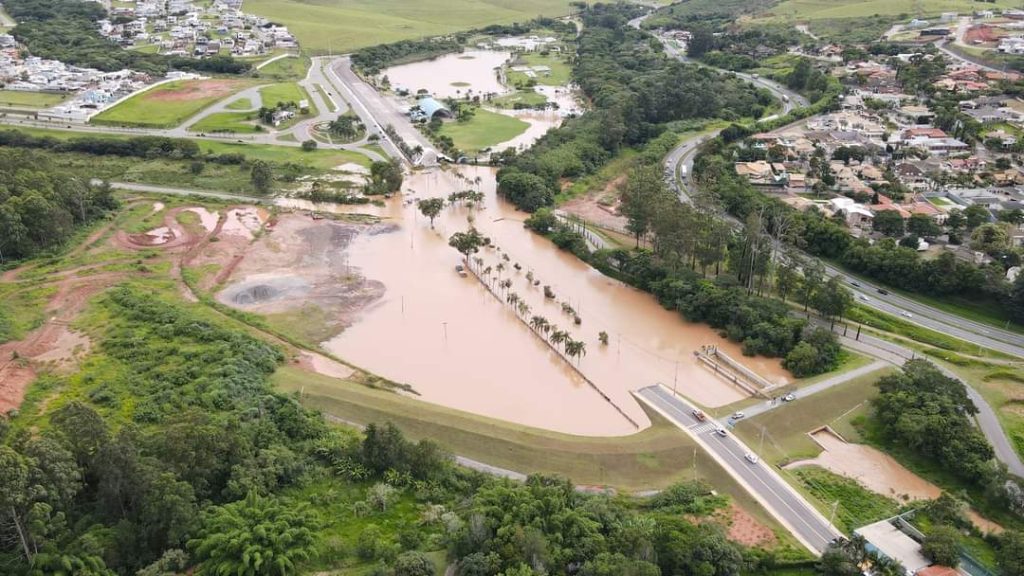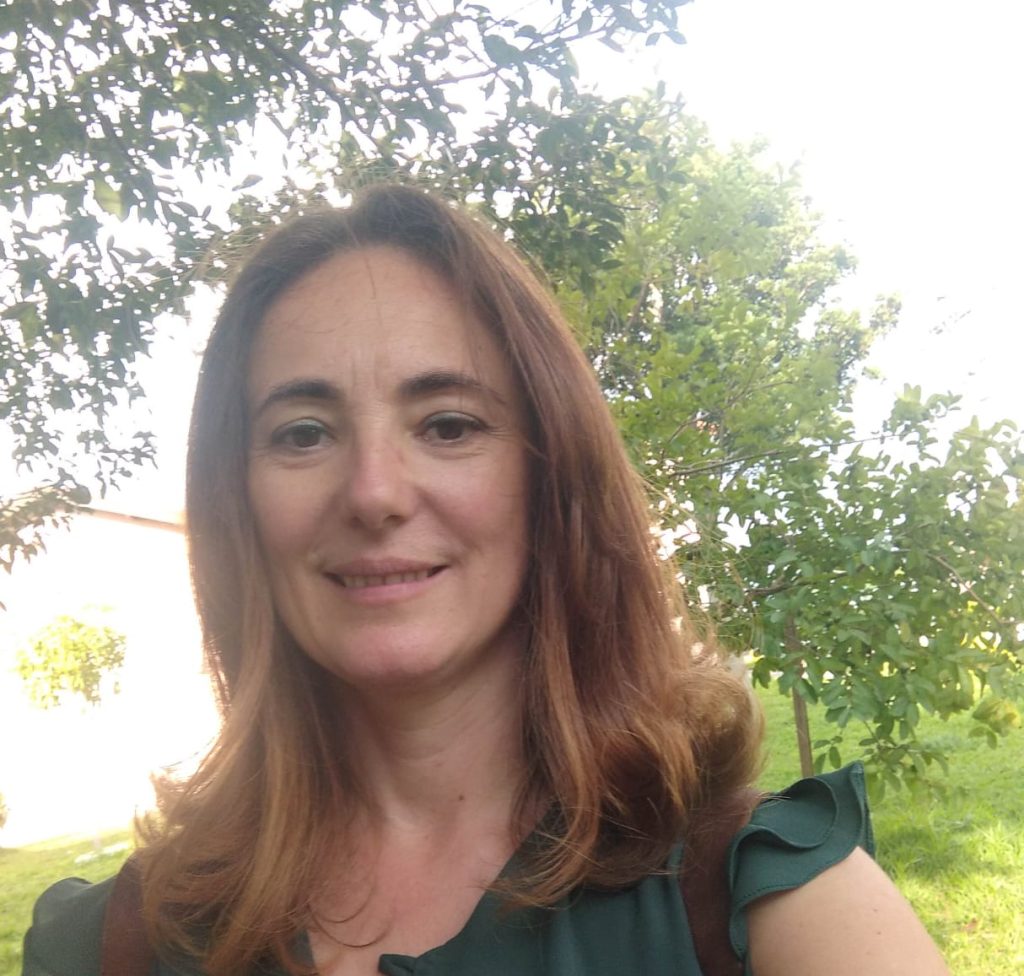 Jezabel Azevedo, who has a degree in Environmental Sciences and a PhD in Atmospheric Sciences, has taken up the position of Environmental Educator at the Itatiba City Council’s Department of Environment and Agriculture, and is the coordinator of the Inter-institutional Commission for Environmental Education. Today, she leads the Municipal Environmental Education Program. This program is an initiative that stands out for its strategic approach and for bringing together different actors to solve local environmental problems. A striking example was the reorganization of the local waste collection service at the beginning of the year. The population was informed and made aware of the new collection routes and times, successfully adjusting to the new dynamic.
Jezabel Azevedo, who has a degree in Environmental Sciences and a PhD in Atmospheric Sciences, has taken up the position of Environmental Educator at the Itatiba City Council’s Department of Environment and Agriculture, and is the coordinator of the Inter-institutional Commission for Environmental Education. Today, she leads the Municipal Environmental Education Program. This program is an initiative that stands out for its strategic approach and for bringing together different actors to solve local environmental problems. A striking example was the reorganization of the local waste collection service at the beginning of the year. The population was informed and made aware of the new collection routes and times, successfully adjusting to the new dynamic.
The courses on the UN CC: Learn platform have also had a profound impact on Jezabel’s work. By taking part in training on climate change, she acquired the tools to integrate different sectors of the municipal government. This has enabled her to create more robust public policies in line with local and global challenges. For example, Jezabel used the knowledge she acquired to propose that the Municipal Environmental Education Program focus on tackling climate change, an idea that was quickly accepted by the inter-institutional commission.
The City Council’s Department of Environment and Agriculture had to update the Municipal Environmental Education Program. When I finished the Introductory Course on Climate Change, I thought this subject could be a central topic of discussion for the new Environmental Education projects.”
In addition, the courses offered insights into strategies implemented in other international contexts, inspiring Jezabel to adapt these solutions to Itatiba’s reality. As a result, she was able to bring together departments such as Social Action, Works and Health to discuss integrated environmental education projects. This has resulted in faster and more effective decisions, based on a shared understanding of environmental challenges.

Flood in the park in Itatiba
The course highlights the relationship between extreme atmospheric phenomena and the public finances or relate to quality of life, social and public health burdens if there isn’t an advance plan for resilience, raising awareness among the population and government managers. They have been very important for thinking about a public policy that involves various departments that at first glance seem far from the activities of the Environment Department.”
Jezabel’s work is twofold. On the one hand, providing up-to-date information to government managers and, on the other, drafting technical and legal documents that reflect the latest scientific knowledge and national and international decisions. Having spent some time learning, she has become more qualified to address and guide the issues discussed at meetings.
I feel much more confident in making decisions based on the knowledge acquired in the high-level courses found on UN CC:e-Learn platform.”
In addition, Jezabel has been guiding the working groups in both the Secretariat and the Environmental Education Commission on the internationally discussed climate policies, which she learned from attending the courses.
With a level playing field, decision-making is faster and more assertive because everyone has the same understanding of the issues.”
Jezabel also stands out for her vision of the future. She plans to continue exploring themes such as environmental justice, carbon credits, and the circular economy to meet the specific needs of Itatiba, a city facing industrial expansion, the conservation of rural areas and the protection of water resources.
Only a healthy environment will guarantee and enable us to live well, have good health and satisfactory work. It would be best if you have constant technical updating, the humility to learn and respect for differences. What we have learned here in Itatiba is that good technical training, good references to keep up to date and good communication between technicians and government managers are very important, they are the basis of good work for the population.”
With her dedication and solid foundation acquired in the UN CC:Learn courses, Jezabel is shaping a program that benefits the environment and promotes quality of life for the population. Her experience is an inspiring example for other municipalities wishing to improve their environmental education programs, showing that technical knowledge, effective communication and coordination between sectors are indispensable pillars for success.
I’m looking forward to increasing my knowledge and developing my negotiation skills with the UM CC:e-Learn platform courses.”
Start your learning journey:
Join Jezabel and hundreds of students and start learning today:
- Cities and Climate Change
- Mastering International Climate Negotiations: All You Need to Know
- Climate Change: From Learning to Action
*The views expressed in this story are solely those of the author and do not necessarily reflect the official policies or positions of the United Nations or any of its affiliated organizations.

